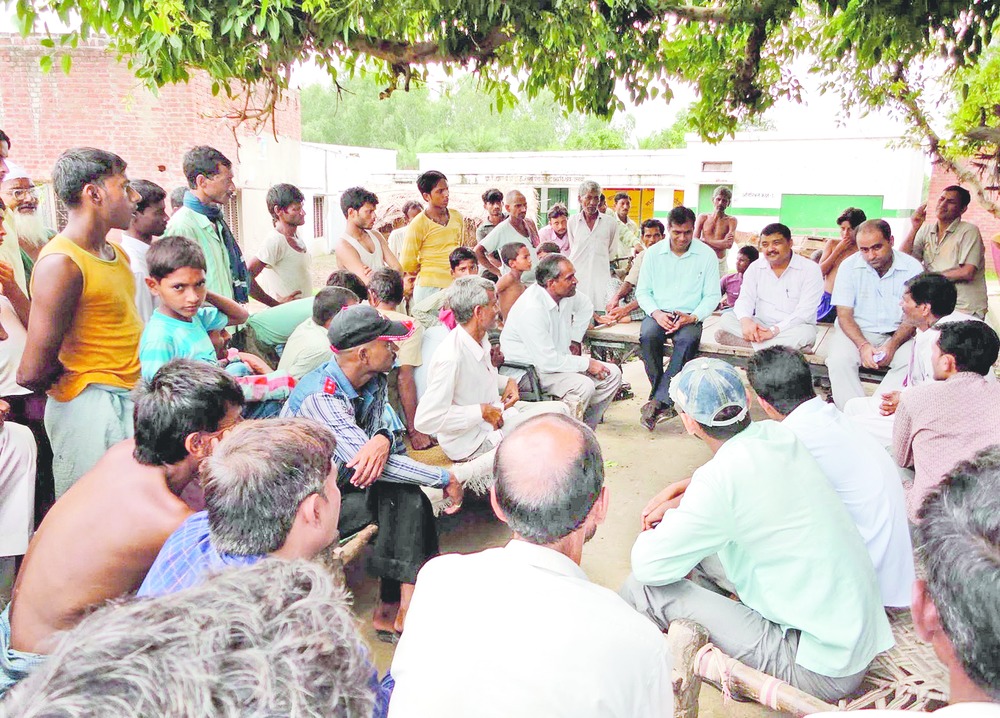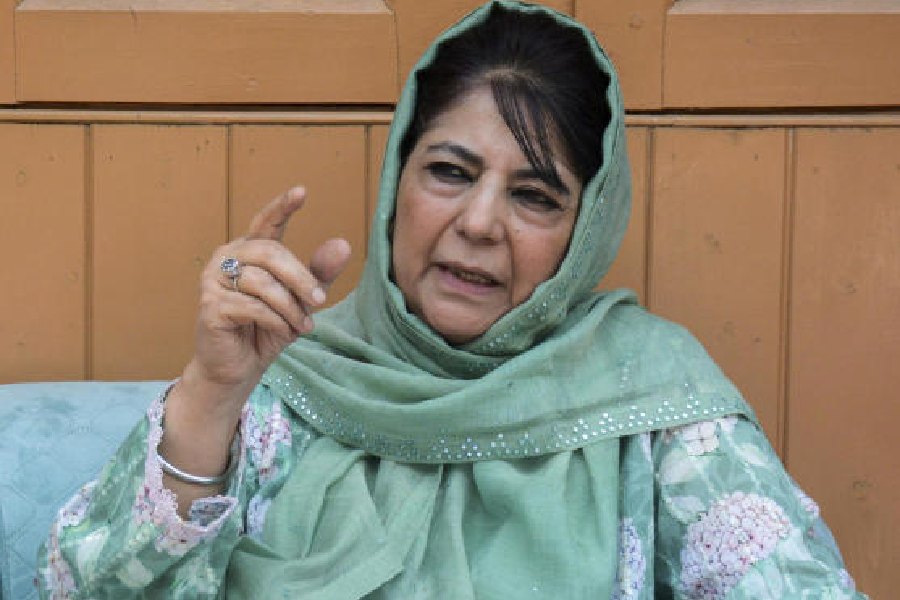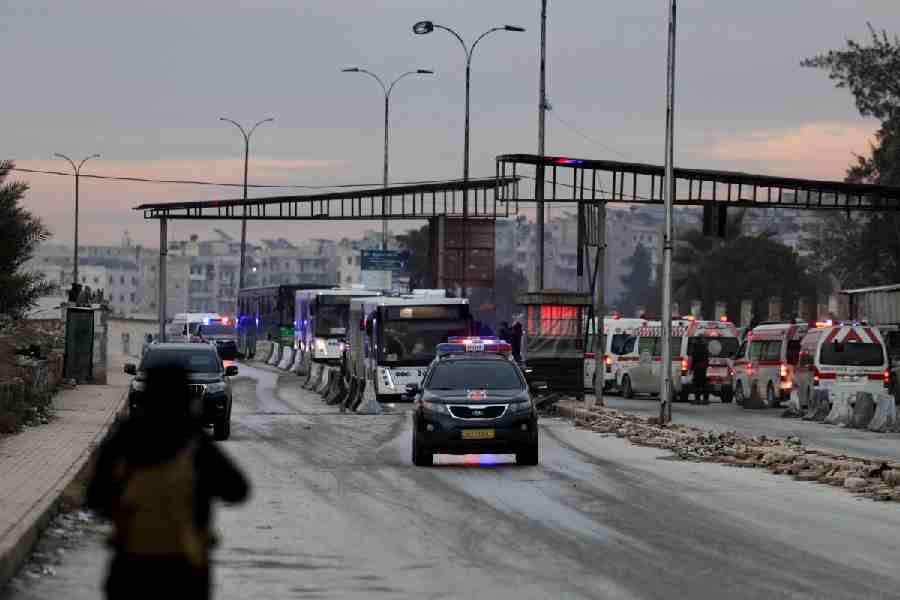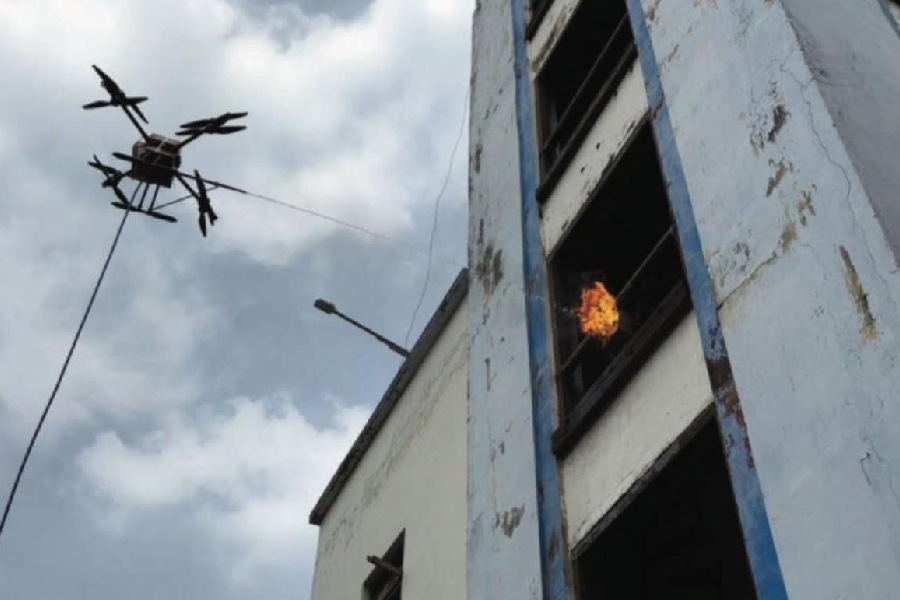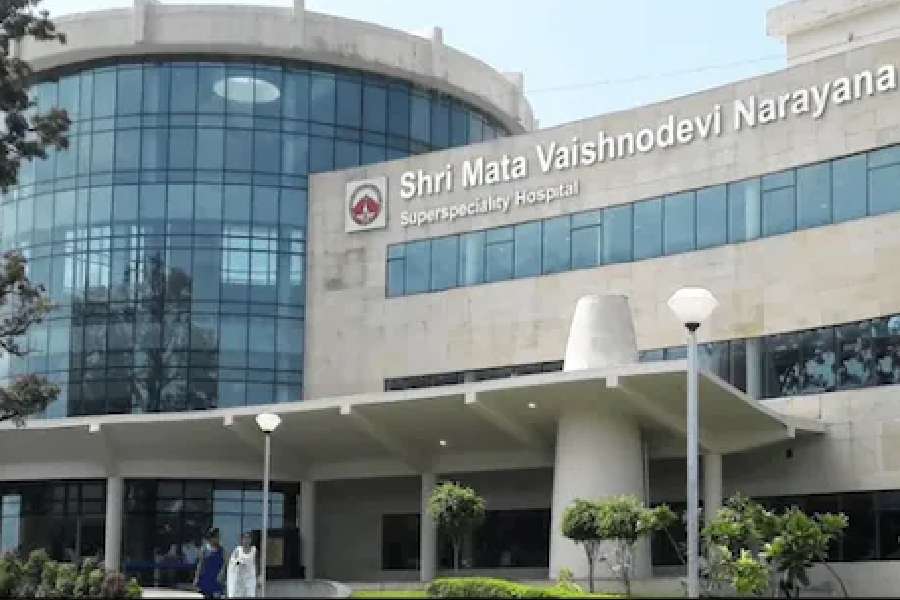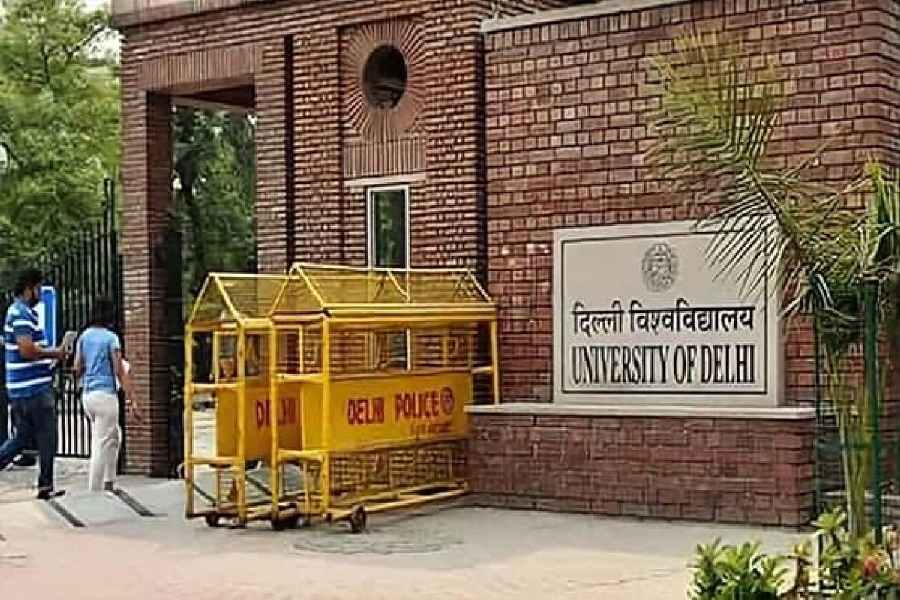
Patna, April 3: Away from the hustle and bustle of the battle for the Assemblies in several states this month, Bihar too is preparing for the key electoral fight for control of the panchayats.
Already the government's focus is on holding the polls in which 50 per cent of seats are reserved for women. As many as 8,397 mukhiyas - one for every panchayat - are to be elected in these polls which will be spread over 10 phases between April 24 and May 30.
The rural polls have grown in significance over the past few years since mukhiyas now have a decisive say on the use of funds for development schemes funded by both the Centre and state governments. And with the rise of the mukhiya, there has been a significant dwindling in the power wielded by an MLA.
CPIML legislator from Darauli in Siwan district Satyadev Ram has returned to the Bihar Assembly after a gap of more than a decade. "I feel there are things which I did in 1995 as an MLA that I would be unable to do this time. The MLA funds used to be meagre - around Rs 25 lakh per year. I used to get small schemes like roads made and tubewells installed. This time I cannot even do that much. In fact my wife, who is a mukhiya in Darauli, is better placed to fulfil the demands. Her panchayat got Rs 42 lakh last year with which she built roads and nullahs," Ram told The Telegraph, stressing that expectations and aspirations of the people from the MLAs remain the same.
Over the last one decade, the MLAs of Bihar have felt their power shift to mukhiyas, members of panchayat and local bodies. "Nobody even offers us a cup of tea now because they know that vidhayakji (MLA) is powerless. They go out of their way to please the mukhiyaji," said RJD MLA Md Nemutullah, pointing out that the mukhiyas are flush with funds and can do every development work within their panchayat.
The average population of a panchayat in Bihar is around 8,000 while that of an MLA constituency would be over 4 lakh.
Over five years ago, chief minister Nitish Kumar created a stir by restricting the use of MLAs' development funds of Rs 2 crore per year by announcing that legislators will have no say in selecting contractors or agencies in schemes. Instead, the MLAs were asked to get their schemes approved through the chief minister's regional development scheme and the agencies would be decided by the officials.
The move was made at a time when there were complaints about MLAs receiving "cut money". The move outraged some MLAs who argued that they must give "some benefits" to their supporters. But without paying heed, Nitish has now gone a step ahead. MLAs can no longer recommend the construction of roads or drainage systems or even recommend sinking of tubewells. Earlier, they were entitled to authorise sinking of five tubewells in each panchayat. "It takes away whatever we could do at the village level," grumbled a JDU MLA.
The roads and tubewells have been removed from the MLAs' development list because they are included in Nitish's seven resolves: drinking tap water to all households and every village linked with roads having a drainage system.
The government counters that the MLAs' development funds have not been withdrawn and they still can recommend development schemes in their constituency provided they are not related to roads or tubewells.
"But that is misleading. If I recommend construction of a community hall or storage hall it will have to be on government land. And there is no land available," said senior BJP leader Nand Kishore Yadav, MLA from Patna Sahib, stressing that legislators have virtually no say in development schemes.
"For any government scheme it may take years to finally reach the ground. MLAs' recommendations used to be instant. Roads and tubewells are the two most demanded things by voters when MLAs visit them," said Nand Kishore's party colleague and former deputy chief minister Sushil Kumar Modi.
Sushil alleged that the government had withdrawn the chief minister's urban development scheme because most of the urban areas were still represented by BJP legislators. Even the local monitoring committees - formed during NDA rule to monitor development projects at the grassroots - headed by a local MLA have not met for the last three years.
Ministers deny Sushil's allegations. "Since drinking water and roads are among the seven resolves of the chief minister, it is natural the government would club all its resources. Spending money for the same objective under different heads does not make sense," argued parliamentary affairs minister Srawan Kumar.
While the Fourteenth Finance Commission recommendations resulted in slashing of funds for the state under centrally sponsored schemes, the grants to be given to local and panchayat bodies have shot up almost four fold - from about Rs 5,000 crore to Rs 23,000 crore (over five years). "Each panchayat will get between Rs 80 lakh and Rs 1.25 crore per year depending on its population. This is apart from the funds under MNREGA and other subsidies and money allotted to panchayats by the state government. Mukhiyas will be flush with funds and of course power," said an RJD MLA, stressing that panchayat bodies were being strengthened at the cost of legislators.
The rise in funds in panchayat bodies has triggered apprehensions of violence in the coming polls. It has already manifested itself in the killing of LJP leader Brijnathi Singh by an opponent who wanted his wife to be elected Zila Parishad chief. JDU MLA Gopal Mandal sparked outrage by threatening to cut the tongue of persons daring to oppose his wife who is an aspirant for the post of Zila Parishad member.
Previously, MLAs virtually went into hiding during panchayat polls, fearing a backlash from panchayat aspirants and members whom the MLAs oppose during the subsequent Assembly elections. "One usually ends up appeasing just one mukhiya candidate and angering all his opponents," said an MLA.
"Well, the support had to be discreet," said JDU's Harinarayan Singh, an eight-time MLA who first entered the House in 1977. "When there were no panchayat polls, MLAs were supposed to do everything, right from constructing school buildings to sinking tubewells and a lot of other things. But times have changed and so has Bihar. School buildings have reached a saturation point and 80 per cent of the villages are connected by roads. It's time to redefine the role of MLAs; perhaps we should concentrate on other things like building libraries," he said.
Ministers defend the development. "This is a three-tier system. The construction of roads, drainage and drinking water should be left to the panchayats. The MLAs can still have a role in development by approaching ministers, including the chief minister, and raising the issue in the House on bigger schemes wanted in constituencies. The MPs should concentrate in getting central projects for their respective constituencies," said animal and fish resources minister Awadhesh Singh.

